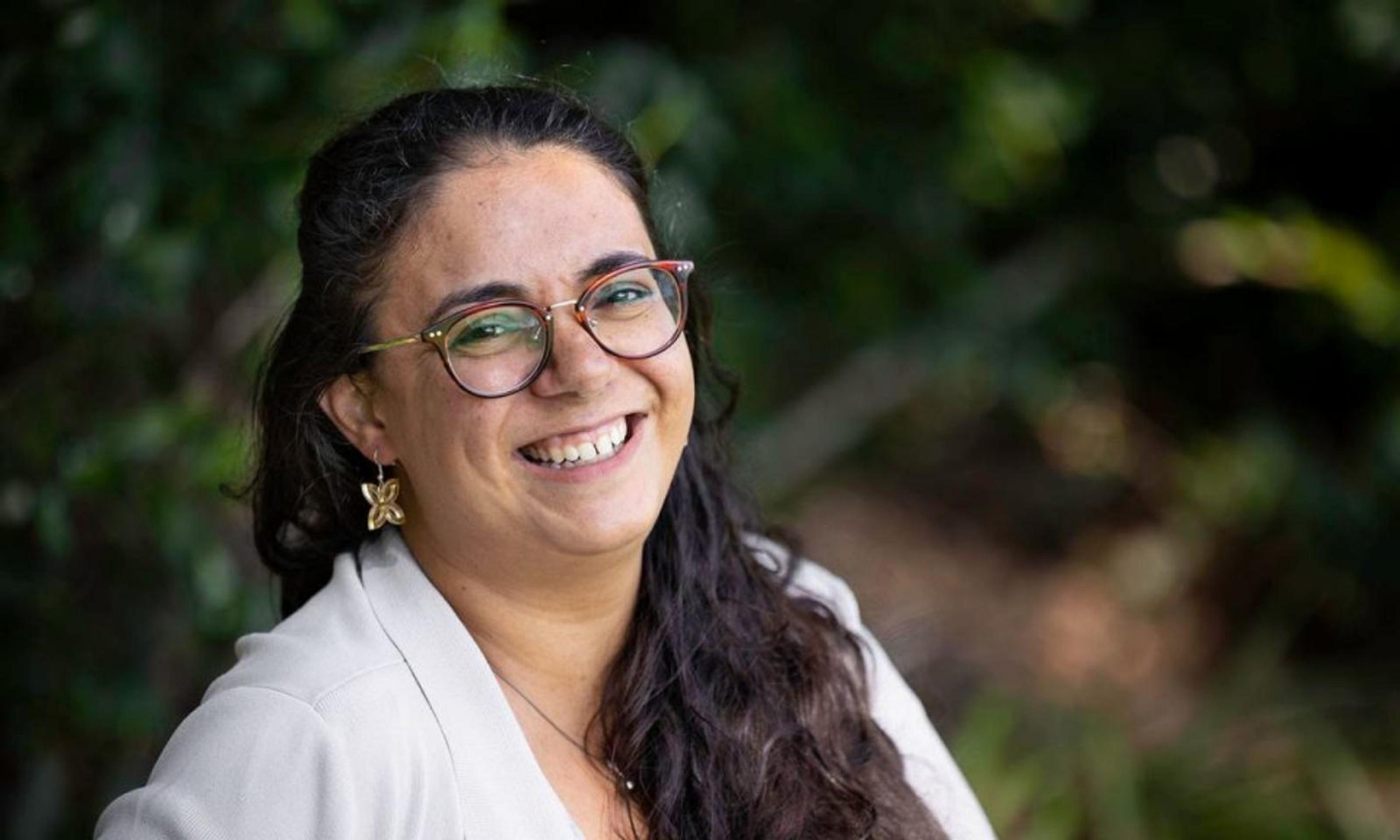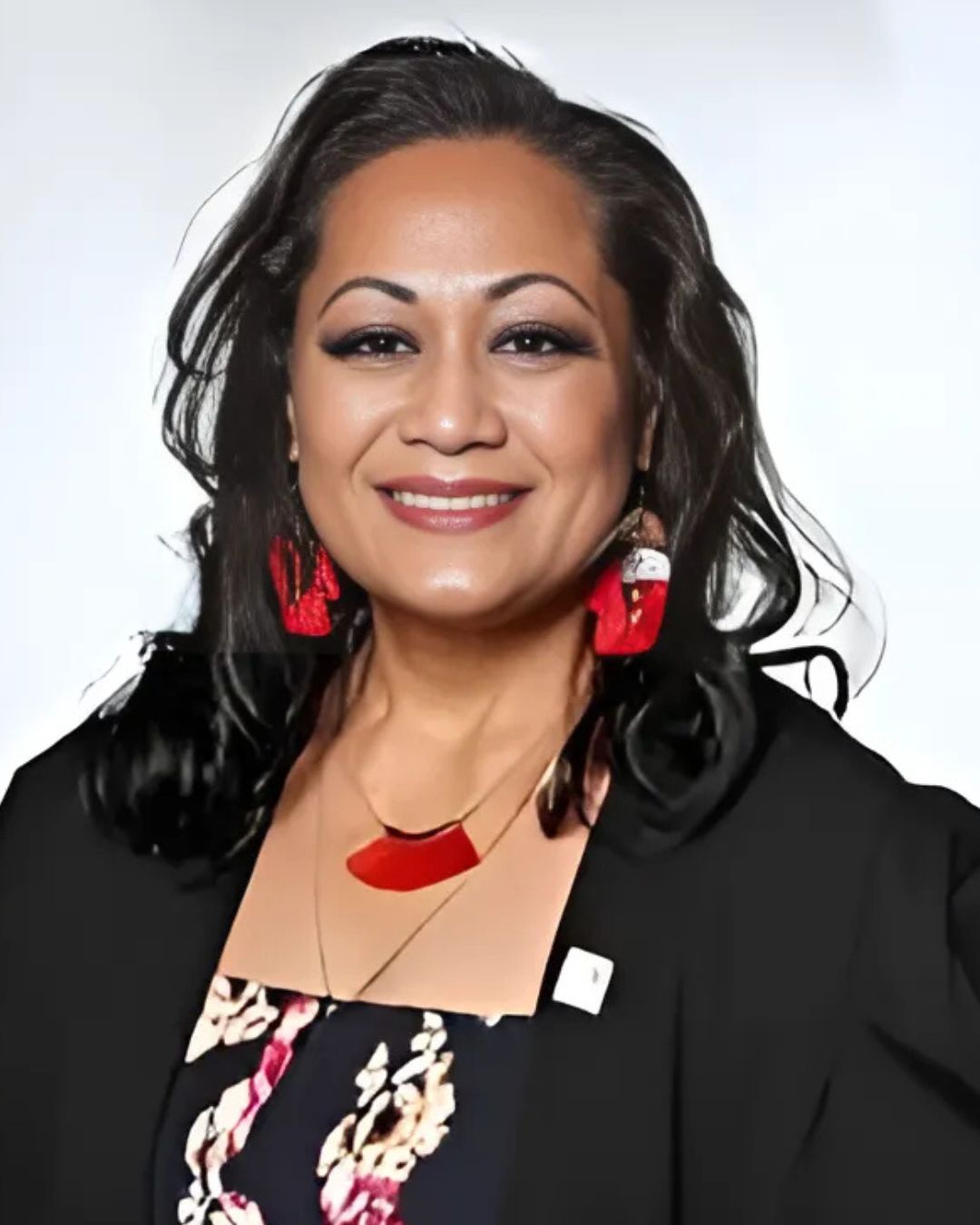

Community leaders encourage families to make the most of the free pilot to curb the issue of roaming dogs.
Photo/File.
‘No bad dogs, only bad owners’: Pacific leaders back free desexing pilot
Auckland Council and SPCA’s free dog desexing pilot is a win for safety, but digital barriers and mistrust risk leaving some families behind.



From lecture halls to leadership: Study finds that PhDs boost future of Māori and Pasifika





From lecture halls to leadership: Study finds that PhDs boost future of Māori and Pasifika


A new Auckland initiative offering free dog desexing, vaccinations, and microchipping is being welcomed by the community.
But local leaders warn digital barriers and deep-rooted mistrust of council officers could hold some families back from using the service.
The pilot, rolled out by Auckland Council and the SPCA, targets 10 high-priority suburbs including Māngere, Ōtara, Manurewa and Mt Wellington, where incidents of roaming and unregistered dogs are highest.
South Auckland resident Sam Tamatoa owns two dogs and says Pacific communities may not be aware of the pilot programme.
“The visibility isn’t there,” Tamatoa says.
“Our dogs are already microchipped and desexed, so we wouldn’t use that service,” they add. “However, we’ll share the news with family members whose dogs aren’t desexed.”
The programme would be more effective if promoted on social media so people can share it, Tamatoa says.
Roaming dogs have been an issue in her neighbourhood.
“We’ve had two instances where roaming dogs have jumped our gates and killed two of our cats – basically rag doll them. I’ve also seen a stray dog down the road walking with a lifeless cat in its mouth.”

Councillor Alf Filipaina says the pilot is about protecting kids and elders. Photo/File.
Manukau Ward councillor Alf Filipaina says the project is the result of “many, many years” of advocacy from council’s Pacific leaders, especially Regulatory and Safety Committee chair Cr Josephine Bartley.
“We need our community to come on board, because this is about the safety of our kids and our elderly.”
Filipaina, who lives in Māngere Bridge, says he’s fortunate not to face roaming dogs in his own neighbourhood, but that’s not the case across most of South Auckland.
“There are no bad dogs, only bad owners. This is about responsibility,” he says.

Ōtara-Papatoetoe chair Apulu Reece Autagavaia urges owners to secure dogs for community safety. Photo/File.
Ōtara-Papatoetoe local board chair Apulu Reece Autagavaia says the issue is personal for many families, including his own.
“If there’s a roaming dog, I often have to cross the road,” he says. “Even my boys have to figure out how to avoid certain streets walking home from school. You don’t know if that dog is trained or how it’ll react.”
Autagavaia says the pilot is about more than council checklists and compliance - it’s about community safety.
“Our kids need to feel safe walking to school, the shops or the library,” he says. “So yes, get your dog desexed. Get them chipped. But understand why: it keeps your community safer.”
The aim isn’t to punish owners, but to help them keep their dogs secure, he says.
“There’s a lot of mistrust. People think dog control officers are just trying to take their dog. But the staff are from our communities. Some of them went to Sir Edmund Hillary Collegiate. They’re out here trying to help.”
Manukau ward councillor Lotu Fuli says the voucher-based programme is the most practical solution available, given that mobile desexing units are too costly and not safe for surgical procedures. But she’s worried the communities most in need may not act in time.
“If our people don’t apply, the vouchers will still get used, just by other families,” she says. “Not only do Pasifika live in those suburbs. But we know our people are often the ones who can’t afford it and who are most affected by roaming dog issues.”

Manukau councillor Lotu Fuli says trust and access are key to the pilot’s success. Photo/File.
Fuli says digital access and trust are still major hurdles.
“There’s no reason to be ma (ashamed). It’s not just for Pasifika or Māori. It’s for anyone in those suburbs. But we need our people to know about it and feel confident applying.”
The growing issue over roaming dog and dog attacks has led to some residents, including councillors, to avoid walking their own neighbourhoods.
Autagavaia says his local board had even been willing to use their own budget to fund free desexing, before the pilot was announced.
He urges responsible pet ownership, calling on dog owners to think of the wider community.
“Think about our kids, that they need to get from A to B safely,” he says. “Securing your dogs in a property allows for our community to feel safe on the streets and in our parks.”
“Our dog owners are responsible,” he adds. “We just need help leading them and showing them the way to do it safely.”
LDR is local body journalism co-funded by RNZ and NZ On Air.